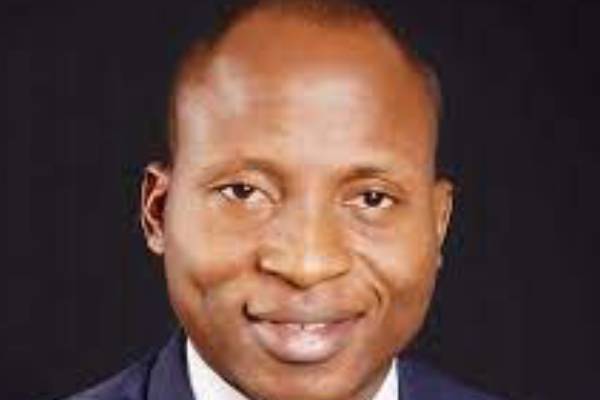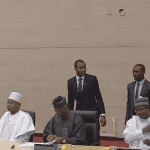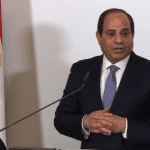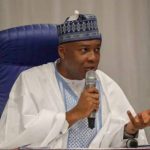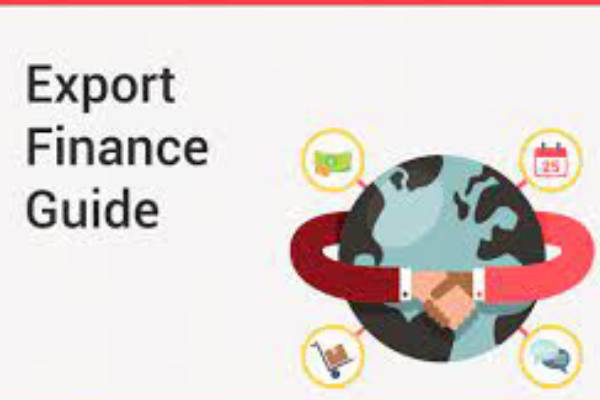The Central Bank of Nigeria has advised to look beyond rate management to manage inflation in the Country.
Economist and Policy Analyst, Paul Alaje gave the advise while speaking on the Inflation figures recently released by the National Bureau of Statistics with TVC News’s Tolulope Ogunjobi on Business Nigeria.
Mr Alaje while examining measures so far taken by the Central Bank of Nigeria said the bank through Mr Godwin Emefiele has managed inflation well through multiple endogenous variables.
He however said Inflation is being largely driven now in Nigeria and Other parts of the World through Exogenous variables like the War on Ukraine by the Russian Federation.
He added that the Central Bank of Nigeria must understand that the current Inflation in Nigeria is Cost Pushed and not just money in circulation.
He added that the prices of Petroleum products and Gas per Kilogramme have gone beyond what is officially quoted by the government especially at the start of the year.
He disclosed that the average price of Premium Motor Spirit across the country right now is 260 Naira per Litre.
The National Bureau of Statistics according to him when posting the next Inflation figures for December will also reflect the cost of Petroleum Products in its next set of figures for the Economy.
He called on the Central Bank of Nigeria to work with all Other government agencies to come up with a new set of non Monetary Policy based measures to address Inflation.
Going Further, he said pressures of Inflation are two pronged, Domestic and imported.
He listed food inflation as the major source of Inflation in Nigeria and that addressing it demands a carefully laid out plan to address it.
He called for Central Bank of Nigeria must come up with a Policy of supporting the Local Manufacturers to ensure import substitution and safe Nigeria much needed funds and Foreign exchange.
He described the measures needed to address and stop the current trend as an inter agency and Ministerial one that will involve all hands on deck to ensure that most of the finished products we currently import that are bringing in about 40% of the current inflationary trend.
He urged the government to address the issues around Security, Logistics, farming and supplies of food products.

